The European Union on Monday initiated the relaxation of energy and transport sanctions as well as banking restrictions imposed on Syria, seeking to help revitalize the war-ravaged country’s economy, provided that its new leadership pursues a path toward a peaceful future.
The EU started to impose asset freezes and travel bans on Syrian officials, banks, agencies and other organizations in 2011, in response to longtime dictator Bashar Assad’s crackdown on protesters, which festered into a civil war.
But after Assad was toppled in a lightning offensive in December, Hayat Tahrir al-Sham (HTS), the main former opposition group now in control of Syria, set up an interim administration, saying that a new government would be formed through an inclusive process by March.
Eager to encourage the new leadership, the EU said it was suspending measures targeting oil, gas and electricity as well as transport, and notably the aviation sector. The possibility to fund and provide certain economic resources to five banks will be reinstated.
Restrictions on the export of luxury goods to Syria for personal use will also be eased.
The decision to lift the sanctions was taken by EU foreign ministers and was made as part of efforts “to support an inclusive political transition in Syria, and its swift economic recovery, reconstruction, and stabilization,” a statement said.
The EU said that it would monitor developments in Syria to see whether other economic sanctions could be lifted, but it has also kept open the possibility of slapping the sanctions back on should the new leaders take the country in the wrong direction.
In January, former HTS leader Ahmed al-Sharaa was named Syria’s interim president after a meeting of most of the country’s former opposition groups. The groups agreed to dissolve the country’s constitution, the former national army, the security service, and official political parties.
Al-Sharaa has been urged to follow through on promises of an inclusive political transition. U.N. special envoy for Syria Geir Pedersen has said the formation of a “new inclusive government” by March 1 could help determine whether Western sanctions are lifted.


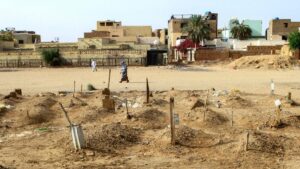
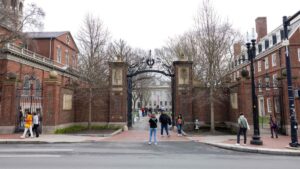
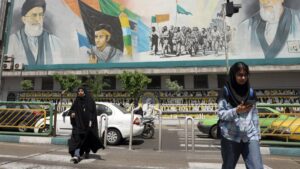
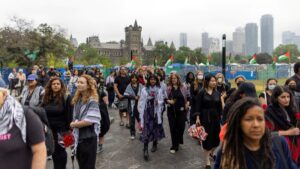
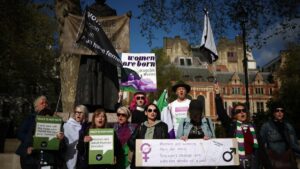

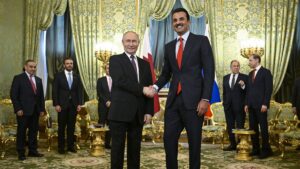
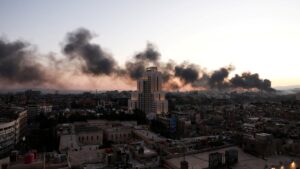

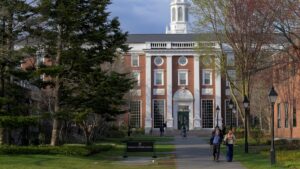
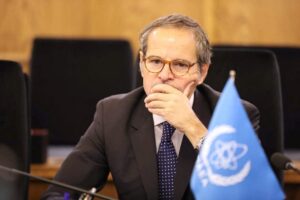
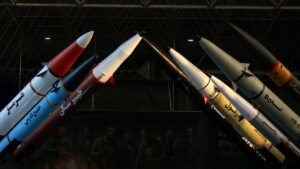
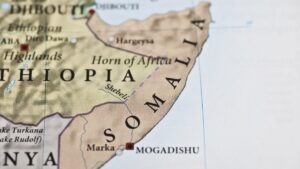

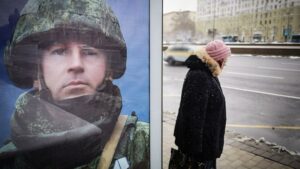
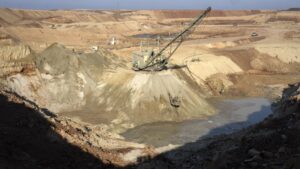



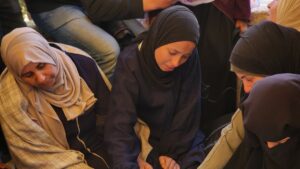
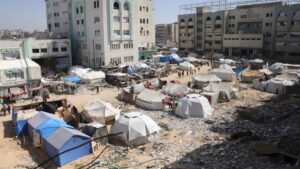
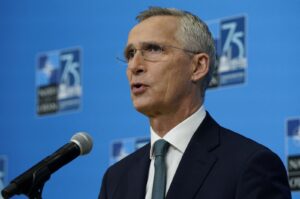

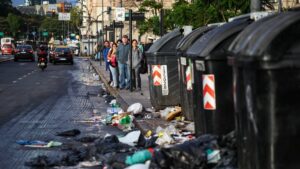

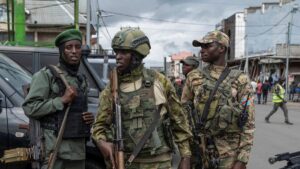




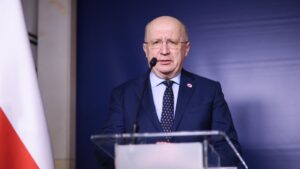
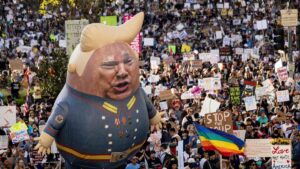
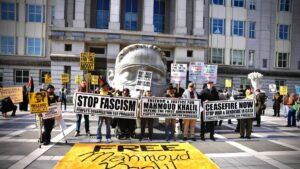

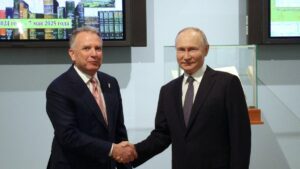
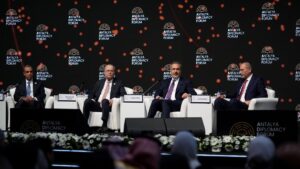

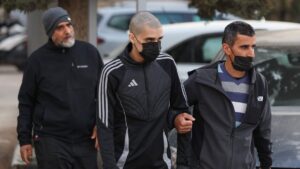



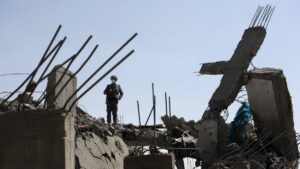

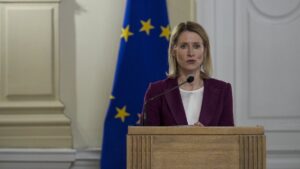
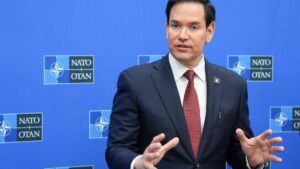
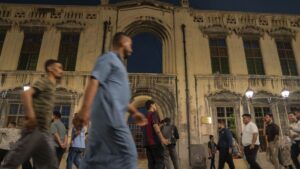
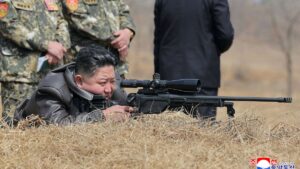
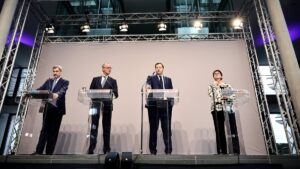

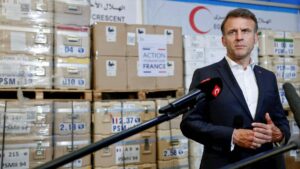
Be First to Comment